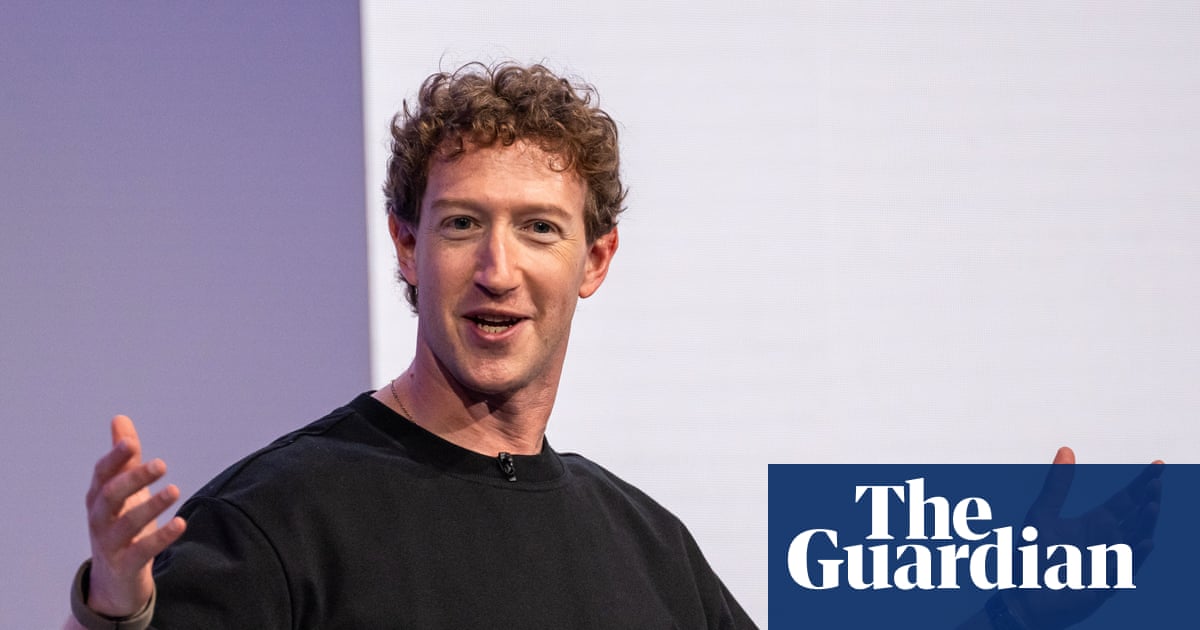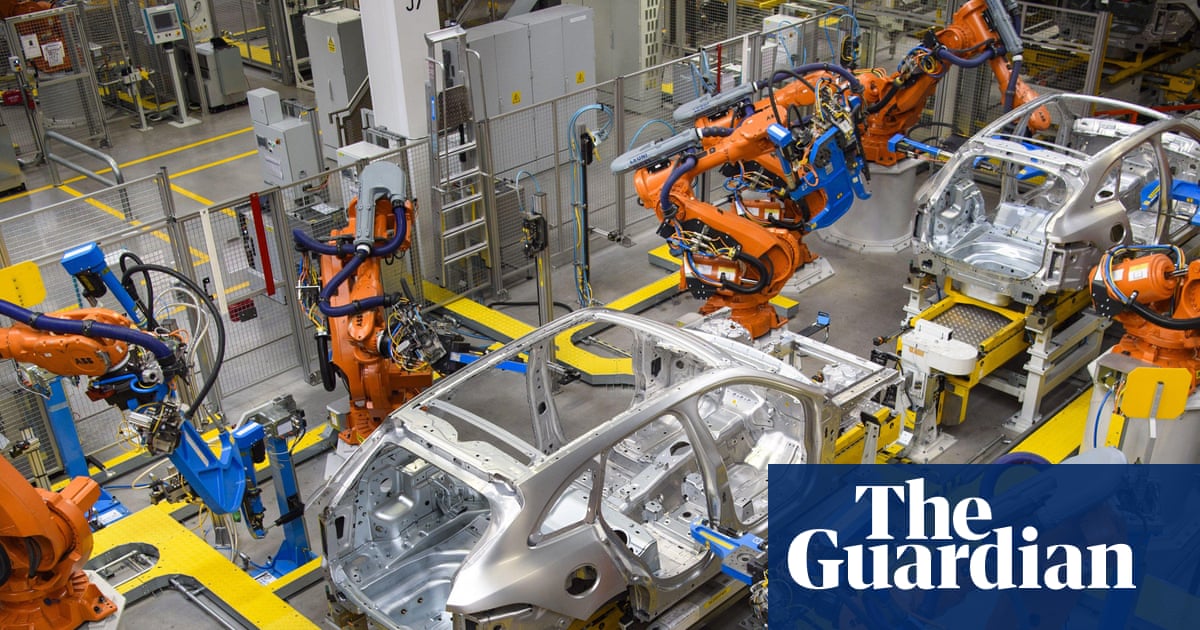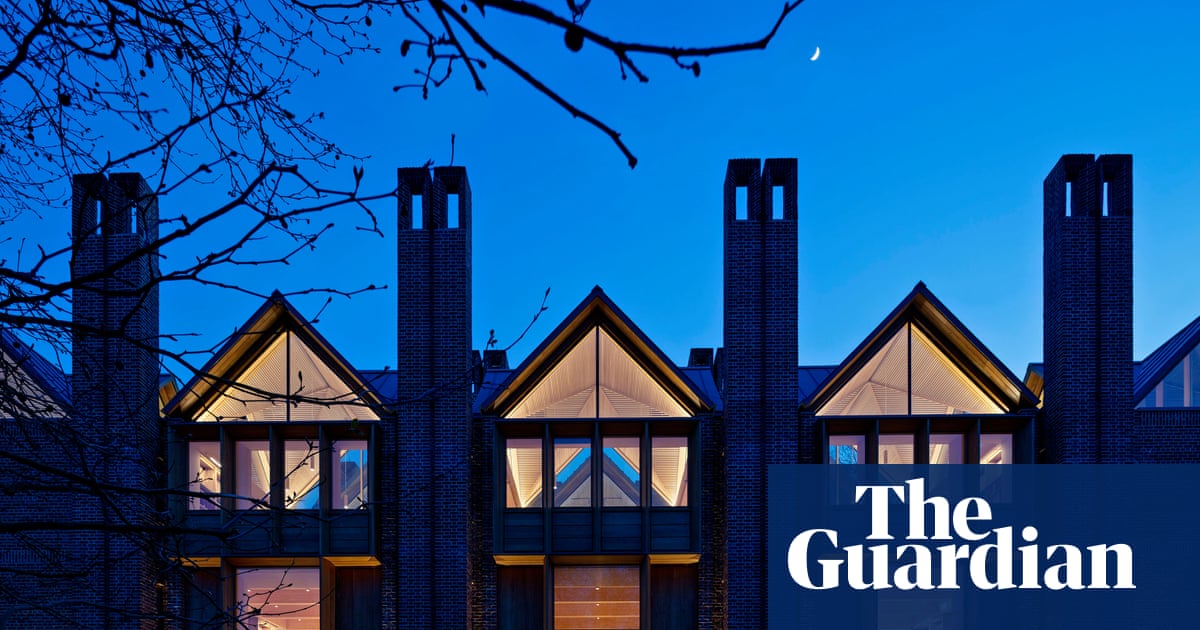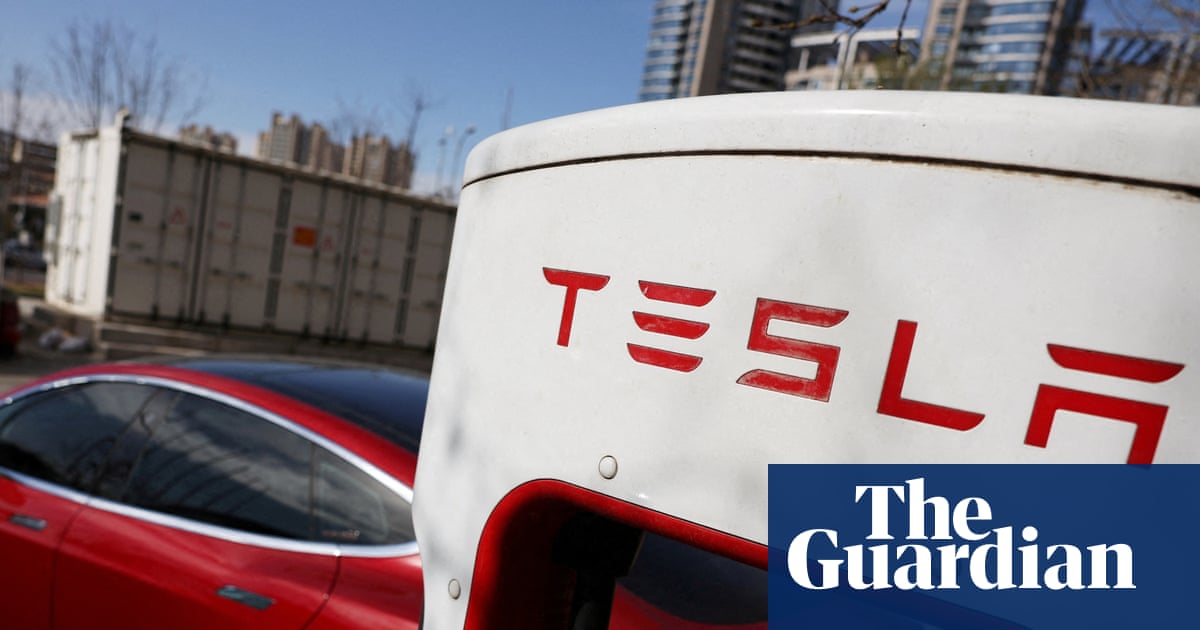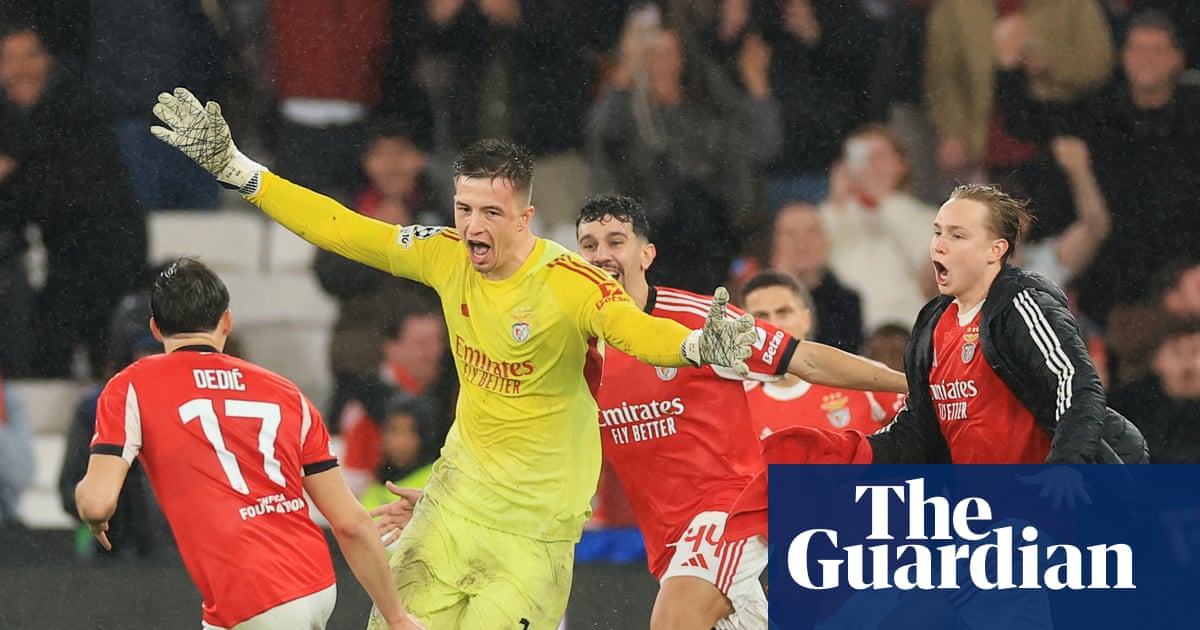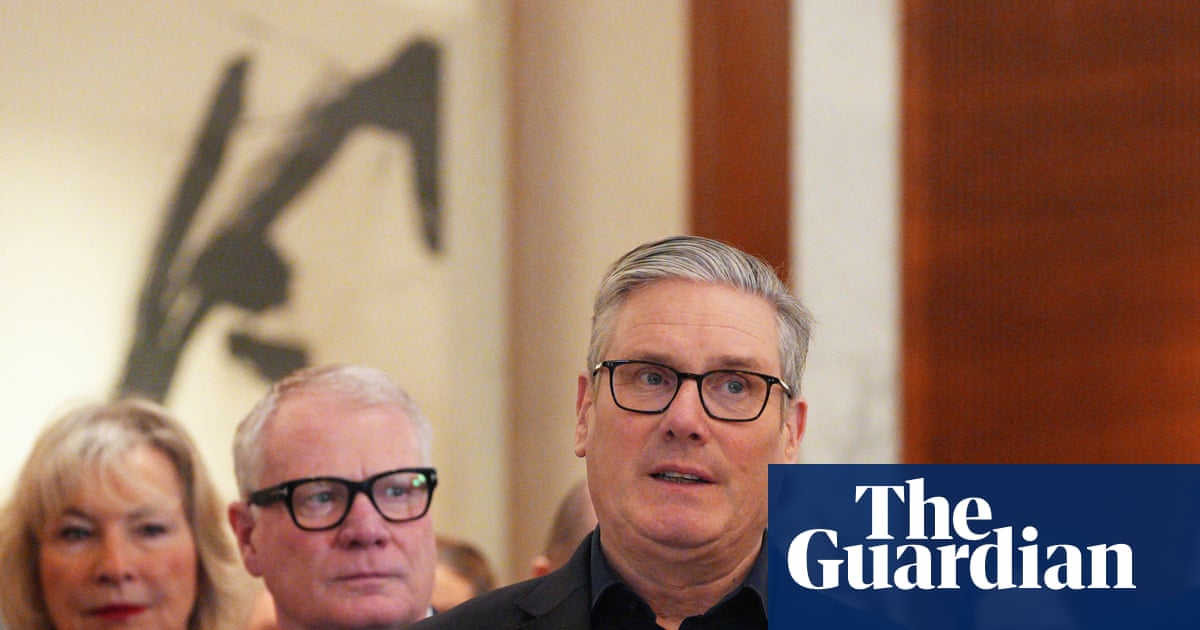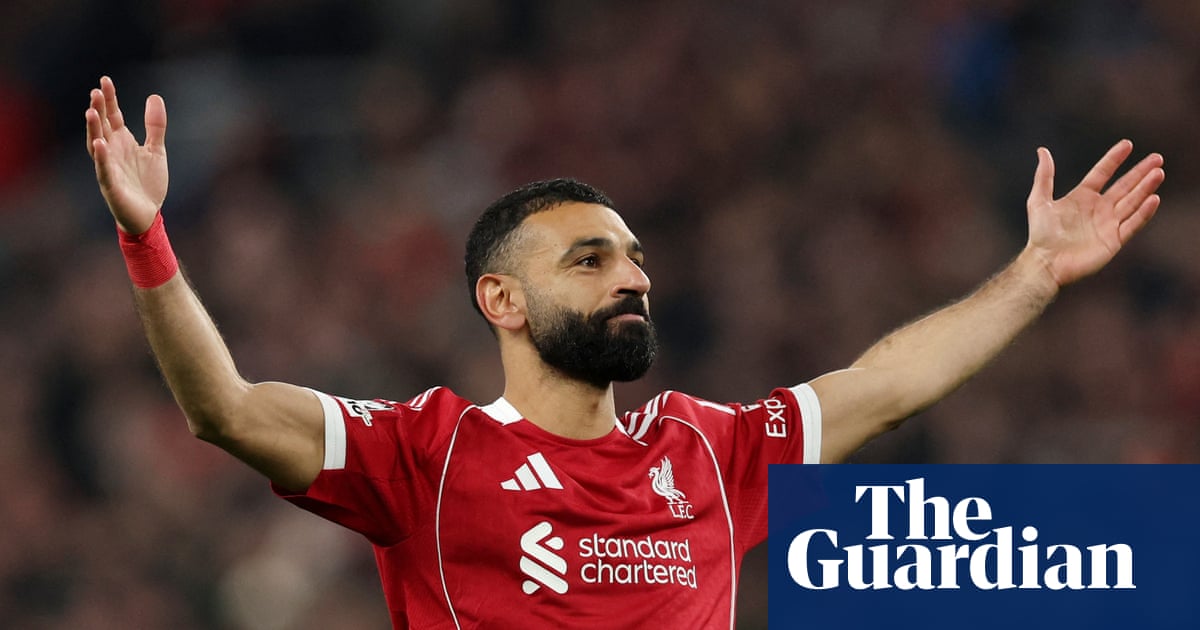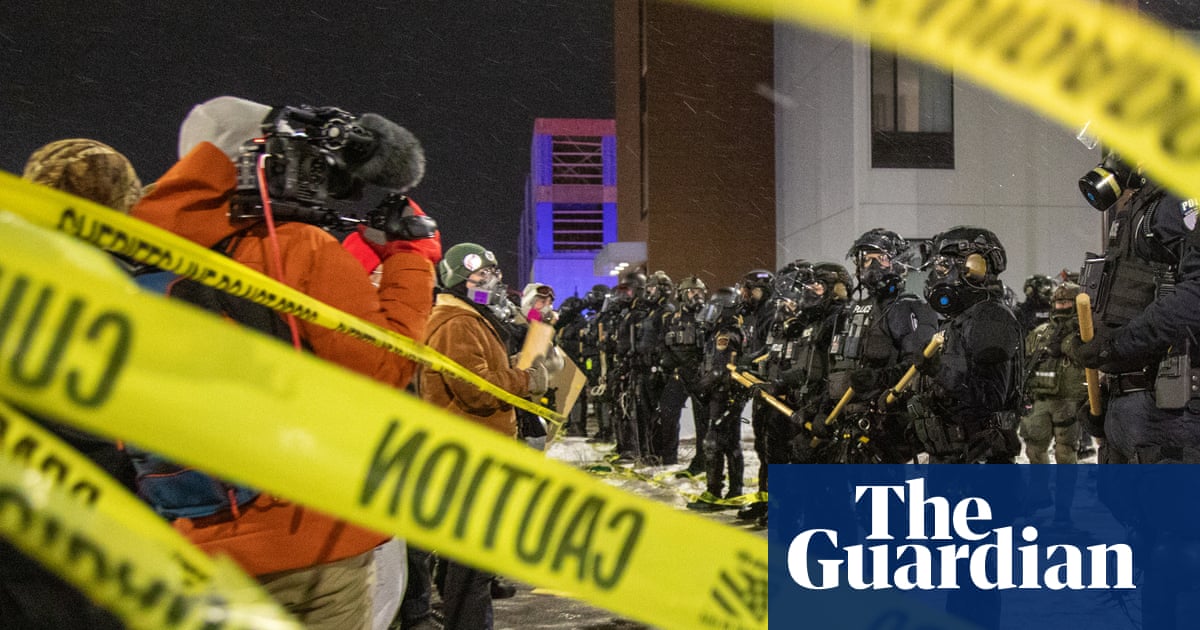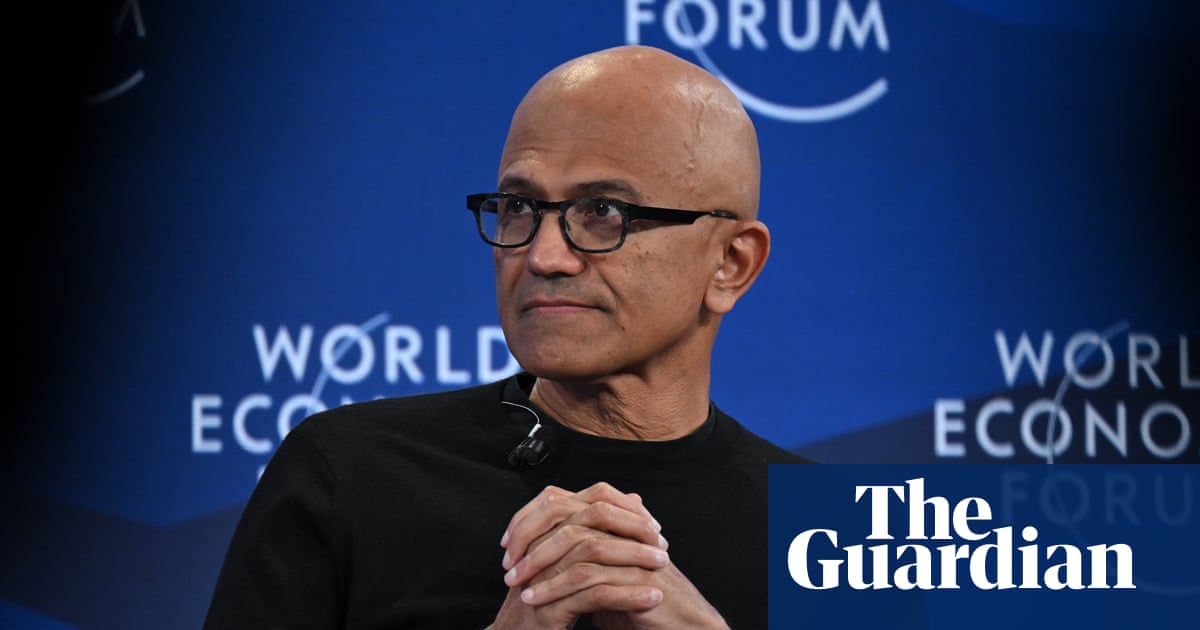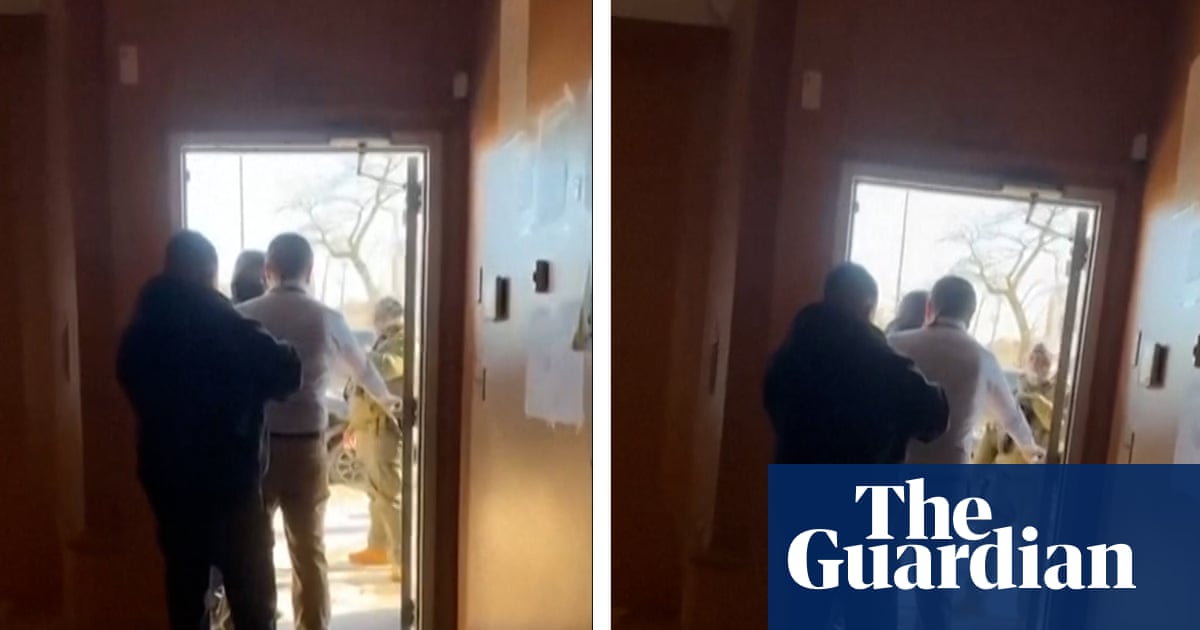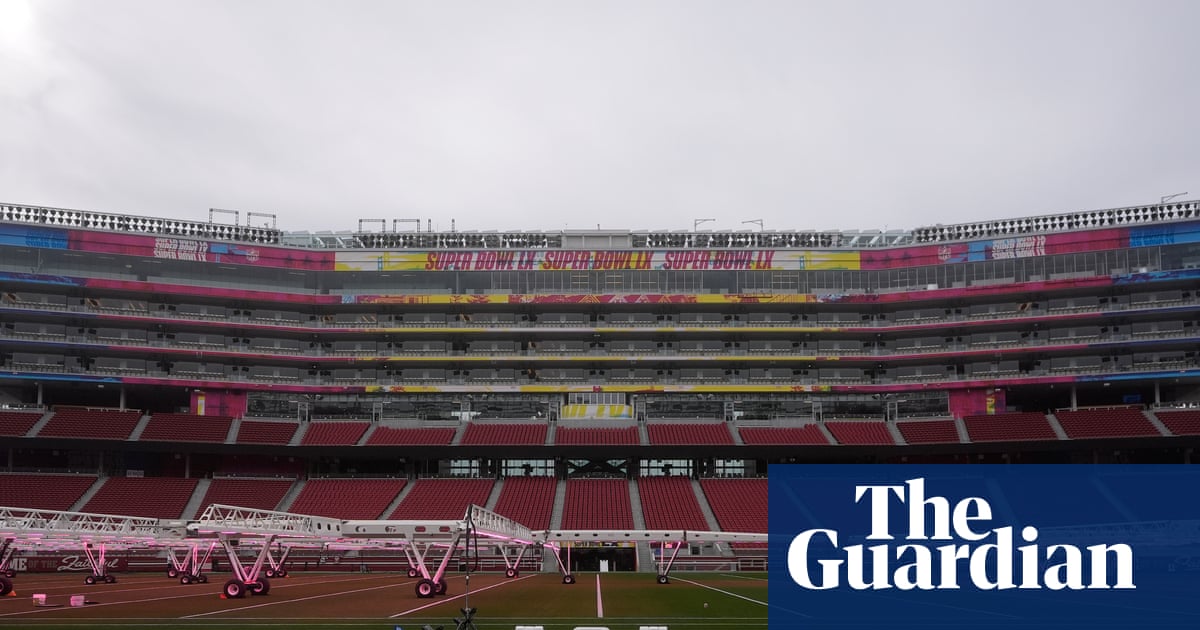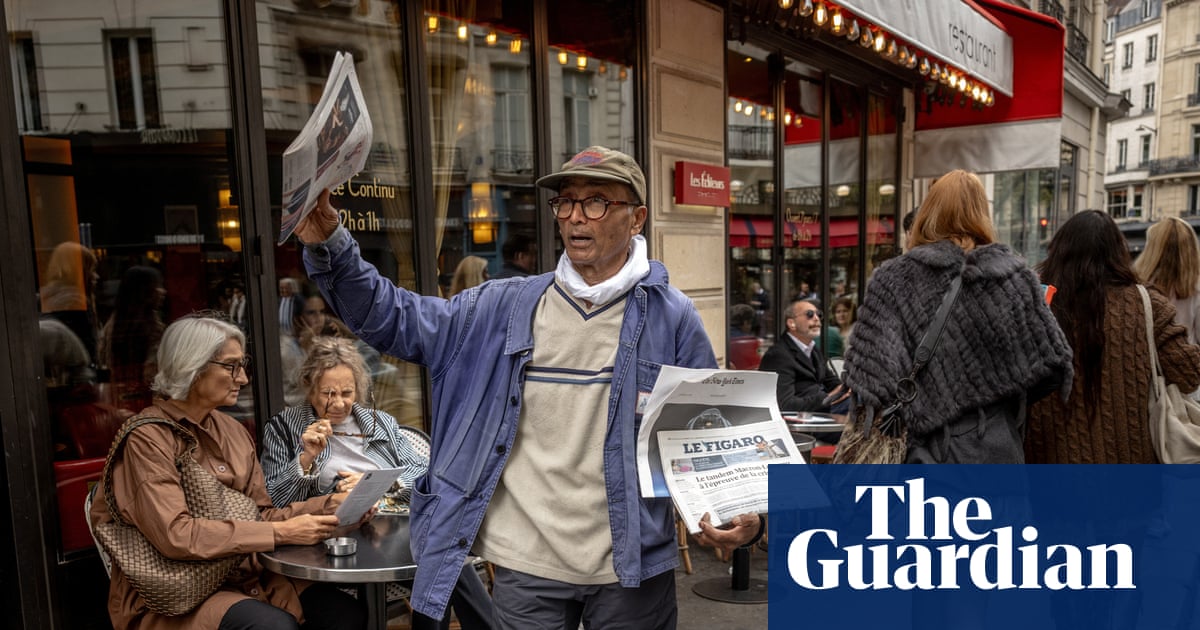Voters in the Netherlands return to the polls on Wednesday less than two years after Geert Wilders led his party to a shock election win that the anti-immigration agitator could well repeat – but this time, with little chance of his party ending up in government.
Polls suggest that Wilders’ far-right Freedom party (PVV) could again finish first in a vote triggered when he pulled it out of a fractious and ineffectual four-party rightwing coalition last June in a row over his 10-point plan for a radical crackdown on refugees.
But such was the anger sparked by the populist leader’s willingness to torpedo the government over demands widely judged either unworkable or illegal that all major political formations have since ruled out joining him in a new coalition.
Under the Dutch system, every 0.67% of the vote yields one MP. No single party ever wins a majority, and cabinets – the last three of which have been four-way coalitions – must win a confidence vote in a parliament of 15 or more parties before taking office.
That will make things difficult, if not impossible, for Wilders, who has spent more than 20 years under police protection after threats to his life but now insists he wants to serve as prime minister at the head of a minority government.
“If the PVV is the biggest party on Wednesday and you leave us in the lurch and don’t even want to talk to us or rule with us, then democracy is dead in the Netherlands,” he told other party leaders in Volendam, a PVV stronghold, at the weekend. Few seem likely to listen.
Migration has once again dominated the campaign, with many moderate parties hardening their rhetoric. Demonstrations have turned violent, including protests outside asylum-seeker hostels and rioting in The Hague.
But even if Wilders, who argues that the Netherlands should refuse all asylum requests and use the army to guard its borders if necessary, does finish first, which is not certain – the PVV could lose up to a third of its current 37 seats – he is likely to be shut out of government.
The outgoing PVV-dominated government is seen by voters as one of the most ineffective in recent Dutch history, failing to deliver on its key promise of introducing Europe’s toughest immigration regime and tackle a dire national housing shortage.
The parties forecast to make the biggest gains – the centre-right Christian Democrats (CDA), which polls show may surge to 22 seats from five, and liberal-progressive D66, on track for 23 from nine – are those that have called loudest for a return to “responsible” government.
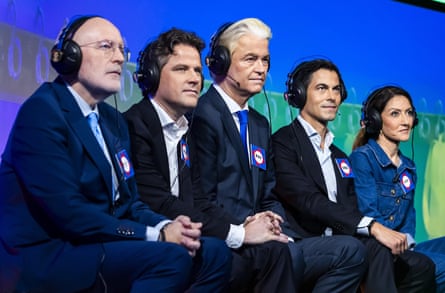
“What we have seen is two years of politics of division and chaos,” the CDA leader, Henri Bontenbal, a youthful former sustainability adviser widely seen as a potential future prime minister, said last week. “We want to present a politics of hope and responsibility.”
Pledging to restore “decency” to Dutch politics, Bontenbal has also said Wilders “does not defend democracy” and “any coalition with a majority in parliament” would be democratic: “Winning the election is no guarantee you get to be in government.”
Campaigning at Amsterdam central station, D66’s leader, Rob Jetten, was equally upbeat. “Over the past few years, we’ve heard a lot of negativism from Dutch politics,” he told the Guardian. “But this is exactly what people are sick and tired of.”
His party’s resolutely optimistic campaign was “key to winning these elections, and to defeating Wilders”, Jetten said.
Young D66 campaigners – despite being part of the generation that bears the brunt of the country’s housing crisis – agreed.
“We live in a very rich country, we have a very good care system, a good pension system, good education, relative safety – we can do a lot in this country,” said Claartje Engelaar.
after newsletter promotion
Floris van der Valk did not pretend “everything is going perfectly” – but said: “In the Netherlands we’ve had a government that for two years just argued with itself; didn’t achieve anything. I think it’s important to have a positive voice against that: we can solve the problems. And that gives us a lot of energy.”
The opposition centre-left alliance of Green Left and the Labour party (GL/PvdA), led by the former European Commission vice-president Frans Timmermans, is second in the polls behind the PVV and also forecast to improve its seat tally from 2023.
“The problem of this country is that in the last couple of years, nothing has happened,” Timmermans told Dutch media. “No problem was solved, every problem got even bigger. We need to get this country working again, put it on a social track.”
Meanwhile, the four members of the outgoing cabinet – the PVV, liberal-conservative VVD led by the former prime minister Mark Rutte, the populist Farmer-Citizen Movement (BBB), and centrist New Social Contract (NSC) – are all forecast to lose seats.
Quite what government will emerge from what looks certain to be several months of highly complex negotiations is almost impossible to predict.
Assuming parliament votes down any attempt at a Wilders minority administration, “historically, the biggest party loses the right to form a coalition and it goes to the second-placed party”, said Claes de Vreese of the University of Amsterdam.
With 16 parties forecast to make it into parliament, but only six of them with more than 10 seats, the final outcome is likely to be a broad-based coalition led by either the centre-left or the centre-right, but containing parties of both persuasions.
Whatever its complexion, it will need to act. Despite the campaign’s focus on migration, voters have consistently said the country’s biggest problem is its housing shortage, estimated at about 400,000 homes in a country of 18 million people.
Unless those questions – and other pressing issues, including soaring healthcare costs – are properly addressed, analysts have warned that the Netherlands’ return to what looks like being a more commonsense form of government could prove shortlived.
“There is a lot of voter dissatisfaction with many other issues as well,” said Léonie de Jong, a far-right expert at the University of Tübingen. “And Wilders is someone who can activate this dissatisfaction, and convert it into votes.”

 3 months ago
44
3 months ago
44
